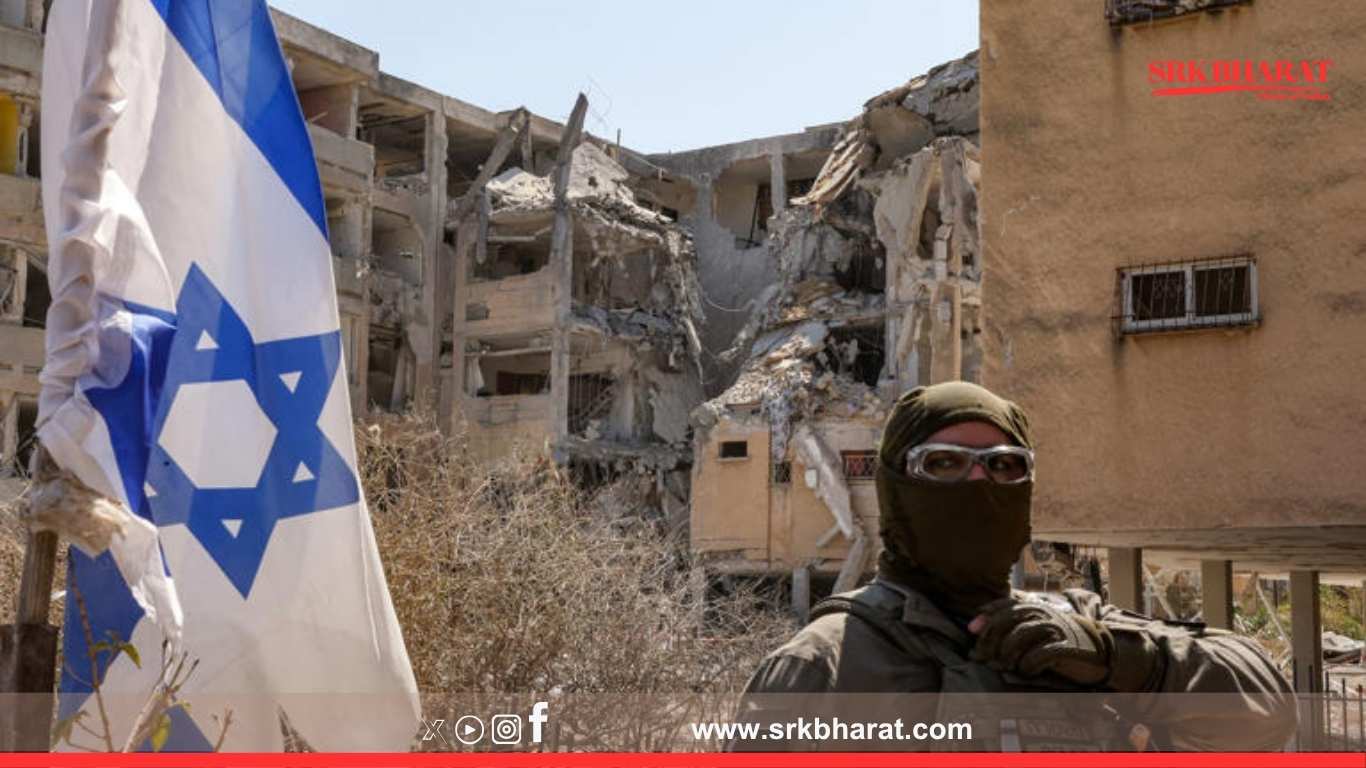In a paradox that has stunned global observers, Israeli stock markets are surging even as missile attacks from Iran continue to target major cities, including Tel Aviv. Despite the Tel Aviv Stock Exchange (TASE) building sustaining damage, the TA-125 Index has climbed nearly 8%, outperforming most global benchmarks since the onset of the Israel-Iran conflict.
📈 Market Resilience Amid Crisis
Analysts attribute the rally to a combination of investor confidence, psychological conditioning, and strategic optimism. Local investors, seasoned by decades of regional conflict, often view wartime volatility as buying opportunities rather than long-term threats.
“This is not their first war,” said Rafael Gozlan, Chief Economist at IBI Investment House. “To them, these are often buying opportunities”.
Since the Hamas attacks in October 2023, Israeli stocks have returned 46% including dividends, outpacing the S&P 500’s 40% gain in the same period.
🛡️ Strategic Shifts Fuel Optimism
The market rally is also driven by the belief that Israel’s recent strikes on Iran, backed by the United States, have significantly weakened Tehran’s regional influence. With Hamas debilitated, Hezbollah’s leadership disrupted, and Iran’s nuclear infrastructure damaged, investors are pricing in a reduction in long-term security threats.
“Trump’s involvement changes the calculus… It reassures investors that Israel isn’t isolated in this fight,” said a Tel Aviv-based fund manager.
💼 Economic Fundamentals Remain Strong
Despite wartime mobilizations, Israel’s economy continues to grow. Unemployment is near record lows, and the Israeli shekel has strengthened. The Finance Ministry has emphasized that the country is entering this conflict from a position of fiscal strength, with ample liquidity and robust institutional frameworks.
🧭 Looking Ahead
While the rally reflects short-term resilience and long-term strategic bets, officials caution against complacency. The Strait of Hormuz remains a flashpoint, and Iran’s potential retaliation—directly or via proxies—could still disrupt regional stability.
Stay tuned for real-time updates on Middle East markets and global investor sentiment.











